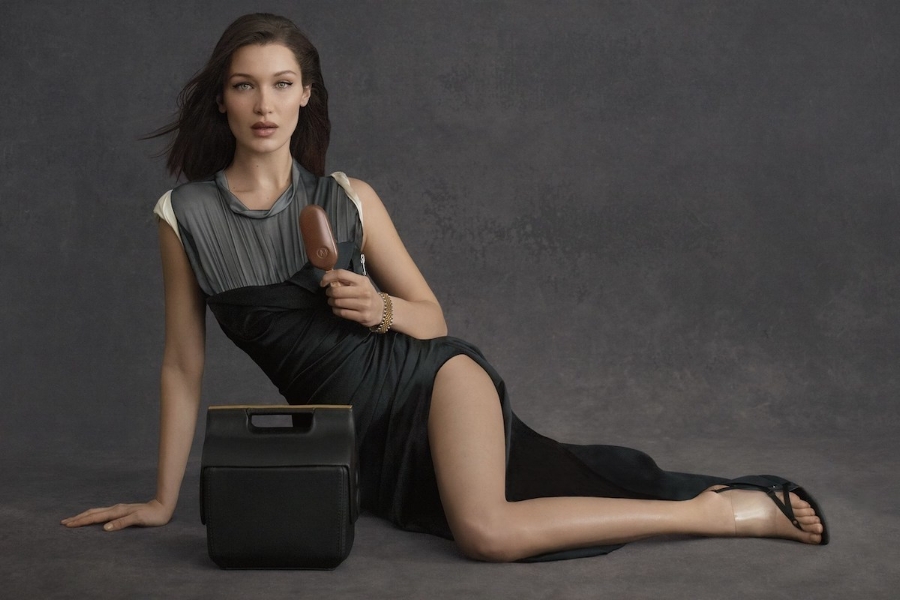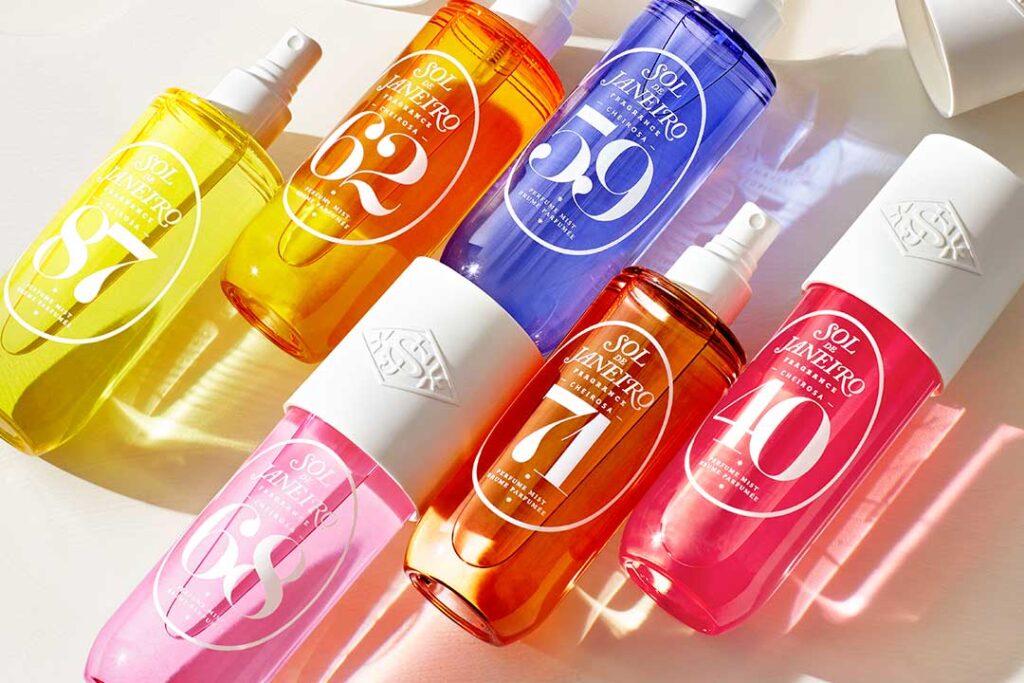
image: Magnum
Unilever is cutting ties with influencers that buy followers. The London-based company – which owns brands including Dermalogica, Dove, Pond’s, and Magnum ice cream (which recently rolled out a collaboration created by Alexander Wang and fronted by Bella Hadid), among over 100 others – said on Monday that going forward, it will not work with influencers who buy followers and will “prioritize social media platforms that take action to stamp out fraud and increase transparency.”
The move from Unilever – which is the world’s second-biggest advertiser – comes as big brands are shifting from traditional advertising methods and routinely allocating more of their advertising budgets more to social media sites like Instagram and Facebook, “where a cottage industry of ‘influencers’ has sprung up, with celebrities and other popular people earning money by posting about products,” according to Reuters.
With super-influencers, such as Kardashian/Jenners, bringing in as much as $500,000 per Instagram post, no shortage of individuals are looking to bank on the surge in demand for influencer marketing and manipulating their follower counts – often with machine-generated profiles run by “bots” – in order to garner interest among advertisers and demand higher fees in exchange for endorsement posts.
The practice of paying for followers has been a topic of conversation for advertisers that are shelling out top dollar for influencer-related posts, particularly since early this year when the New York Times published a damning exposé that shed light on the rate at which politicians, actors, entrepreneurs, and television personalities have taken to buying fake social media followers to boost the credibility of their online – and off-line – profiles.
For many years, brands routinely failed to put precise measurement systems in place to gauge the specific return-on-investment for influencer marketing campaigns, thereby enabling many big-name influencers to land wildly lucrative deals without having to show precisely how effective their endorsements actually were. Now, with the value of ad spending rising in connection with influencer marketing, at least some brands appear to be wising up about the potential for fraud
As Launchmetrics, the New York-based launch-to-market software company, reported in March, 46 percent of the brands it surveyed said they prefer working with micro-influencers, those who have between 10k to 100k followers, as opposed to those with larger following simply because these individuals are proving to be more effective tools and their endorsements often lead to higher rates of authentic engagement.
Unilever is taking a similar approach, with its chief marketing officer, Keith Weed, stating that if the company does not take a hard stance against fake followers and influencer fraud, it runs the risk of losing consumers’ trust. “There are lots of great influencers out there,” he said on Monday. “But there are a few bad apples spoiling the barrel and the trouble is, everyone goes down once the trust is undermined.”














